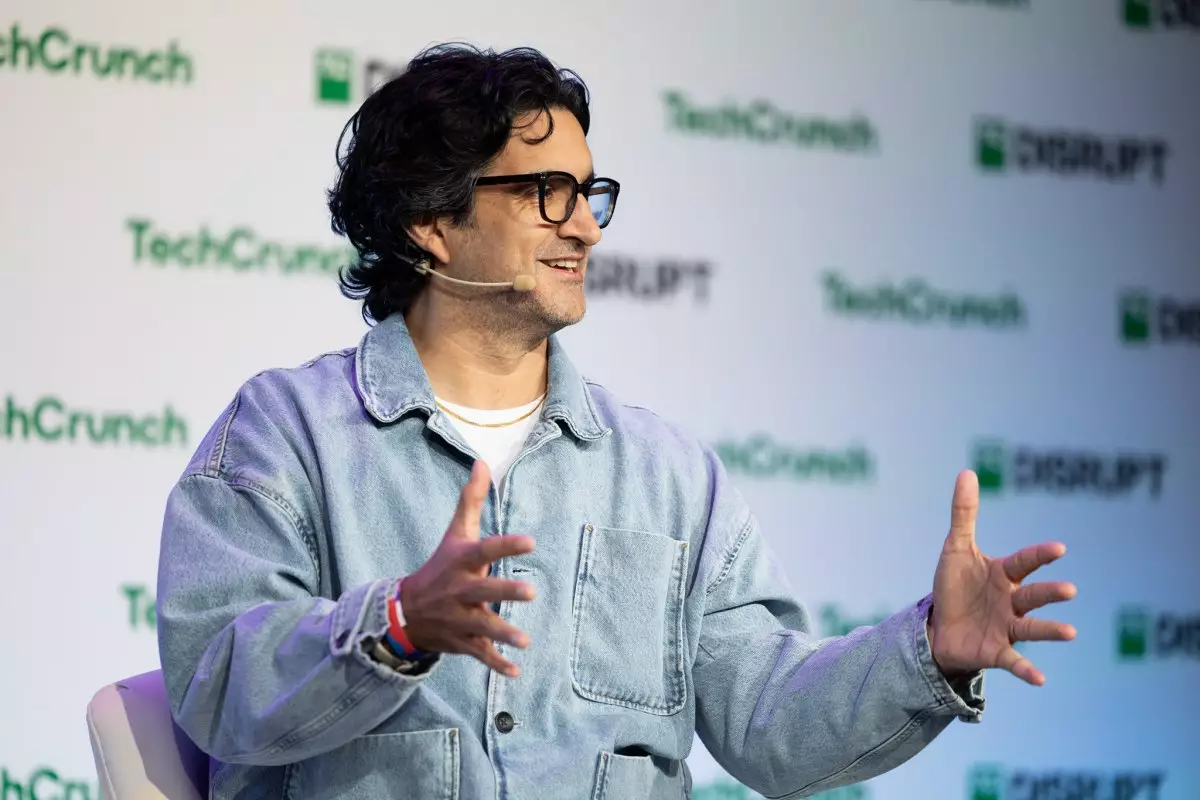The intersection of entrepreneurship and mental health is an often overlooked but critical topic that encompasses the journey of many founders. One of the most compelling narratives in this domain comes from Andy Dunn, the founder of Bonobos, who has taken the lessons learned from his personal struggles with bipolar disorder and channeled them into a new venture. As he embarks on launching Pie, an in-person social media platform, Dunn’s story exemplifies the need for mental health awareness among entrepreneurs, illustrating how personal challenges can shape professional paths.
Dunn’s journey began when he was diagnosed with bipolar disorder during his college years, a diagnosis that he initially did not take seriously. It wasn’t until he experienced a significant manic episode that he recognized the gravity of his condition. The 310 million dollar exit from Bonobos may seem like a hallmark of success in the startup landscape, but it came at a steep personal cost. Dunn articulated his experience of mania vividly, describing it as a ‘disaster,’ noting that such episodes can culminate in a state akin to psychosis, chock-full of delusions that render an individual unable to function effectively.
This realization led Dunn to seek treatment, embracing therapy, medication, and diligent self-care practices. Yet, the transformative power of his experiences extended beyond personal health—it sparked a wider dialogue about how mental health challenges disproportionately affect entrepreneurs. Dunn’s assertion that “we all have mental health” speaks volumes; even individuals without a formal diagnosis face struggles that impact their creative endeavors.
The connection between neurodivergence and entrepreneurial traits is profound, with Dunn noting the complex interplay that may foster both brilliance and fragility. He suggested that traits often associated with hypomania—like rapid ideation, decreased sleep, and a flair for creativity—mirror some of the attributes prevalent in successful entrepreneurs. However, he also cautioned that these same characteristics can result in periods of debilitating depression and crises that can derail both personal lives and business trajectories.
Dunn’s narrative challenges the notion that success in entrepreneurship is solely achieved through relentless work and hustle. Instead, he argues for the necessity of fostering an environment where mental health is prioritized. As he aptly stated, when there’s disagreement within a team, it should be welcomed, as it can lead to better decision-making processes. This shift in ethos not only promotes a healthy work culture but also requires a rethinking of what it means to be a leader in a high-stakes, high-pressure environment.
Despite the growing recognition of mental health issues, Dunn acknowledges the persistent stigma surrounding mental health disclosures among entrepreneurs. His role as an adviser for the Founder Mental Health Pledge illustrates his commitment to reshaping how investors and founders approach mental health conversations. His candid advice to founders considering sharing their mental health struggles is pragmatic: delay disclosures until after securing funding to mitigate potential biases that could jeopardize investments.
Dunn’s perspective underscores a crucial tension in the startup ecosystem; while honesty about mental health can pave the way for authenticity and support, the fear of backlash can create barriers to transparent conversations. This dilemma perpetuates a culture of silence, where individuals may choose to prioritize performance over mental well-being, a pattern that can have dire consequences.
As Dunn continues his venture with Pie, he is keenly aware of the challenges entrepreneurs face in maintaining mental health while striving for success. He advocates for transparency with team members regarding workload expectations, emphasizing that the pursuit of excellence doesn’t require sacrificing well-being. By creating an environment that discusses mental health openly, Dunn aims to promote a balanced work culture without compromising productivity or innovation.
For Dunn, the stakes are high—not only must he manage his own mental health but also foster a work culture that values sustainability and team well-being. His previous experiences taught him that the relentless pursuit of growth must not come at the expense of personal health; otherwise, the unexpected consequences can lead to dangerous outcomes.
Andy Dunn’s journey is emblematic of a larger narrative that demands attention within the entrepreneurial community. His insights on bipolar disorder, neurodivergence, and the impact of mental health on business dynamics provide a roadmap for budding entrepreneurs. The key takeaway is clear: fostering mental health awareness and developing supportive work environments are not just beneficial—they’re essential for sustainable success in the fast-paced world of startups.

